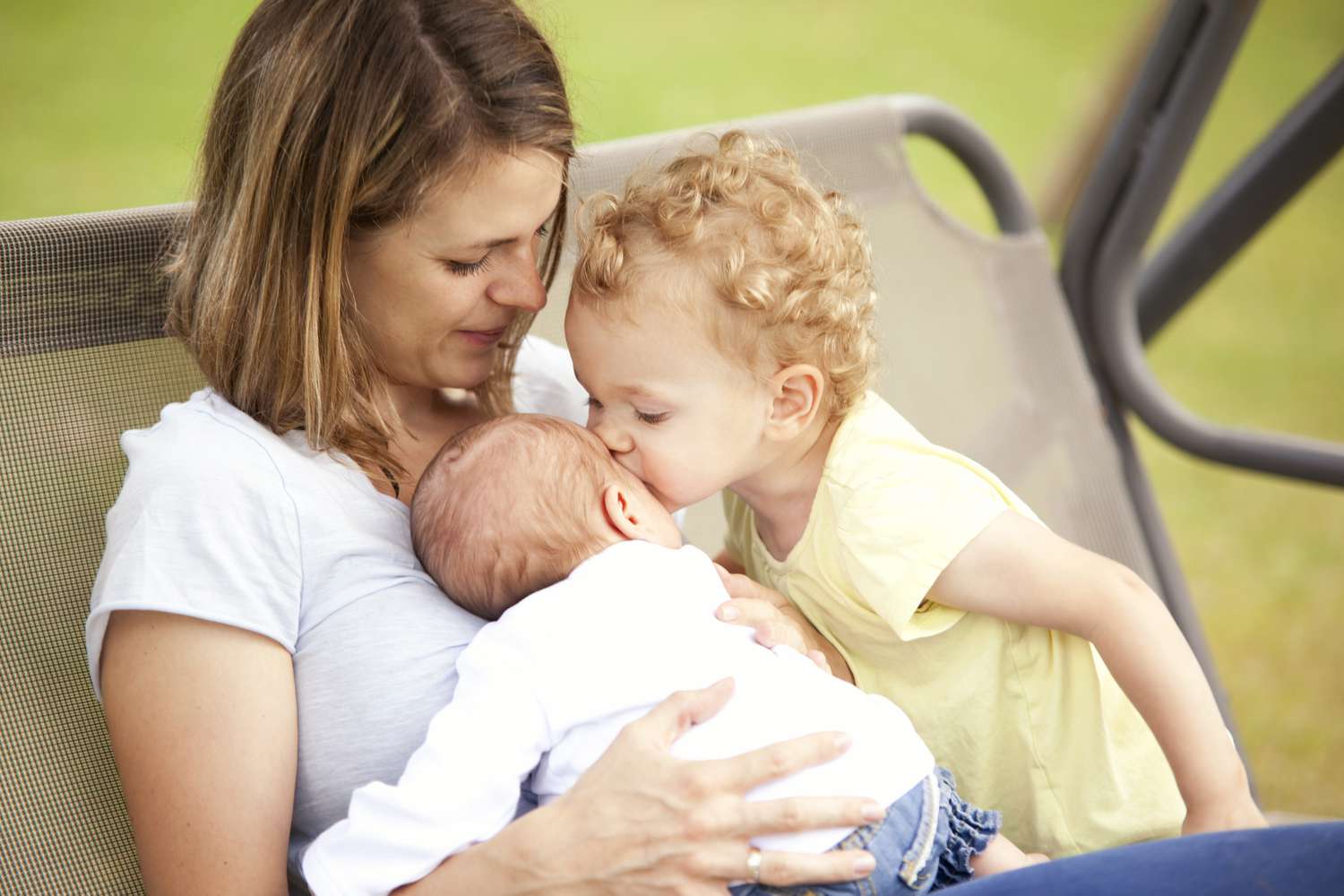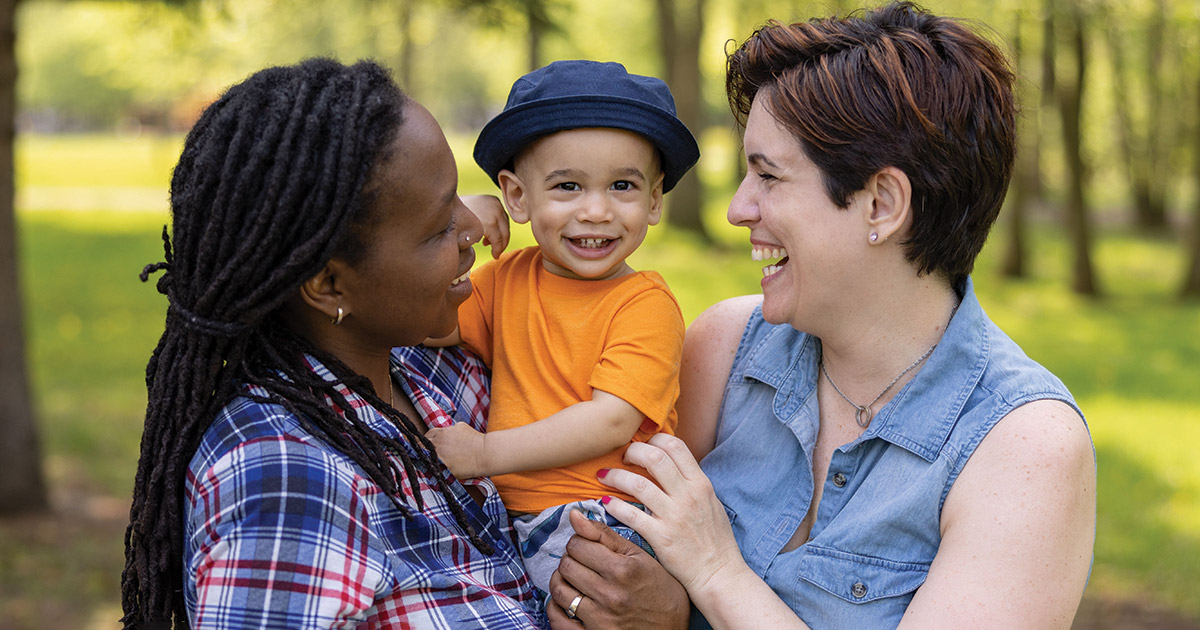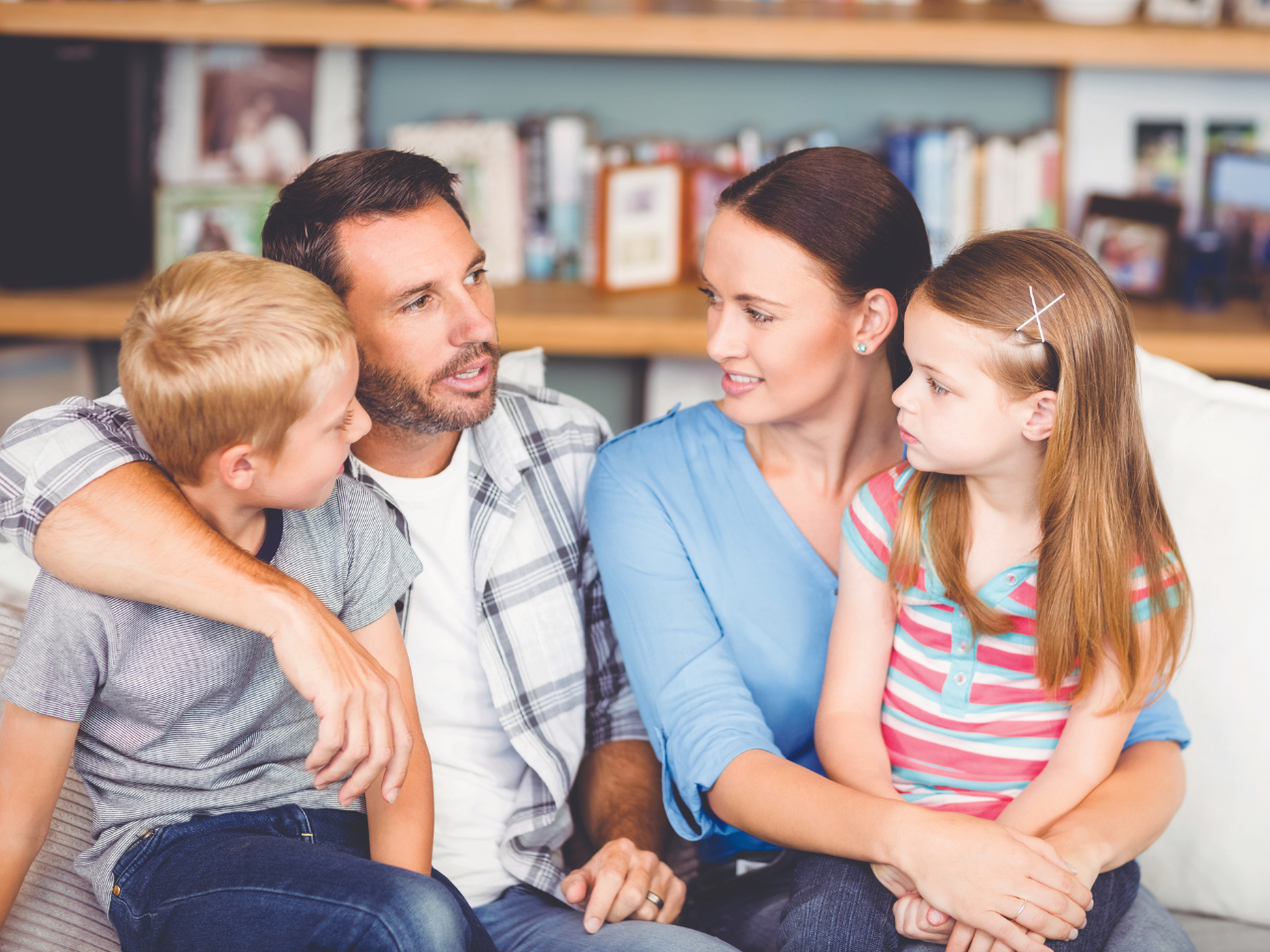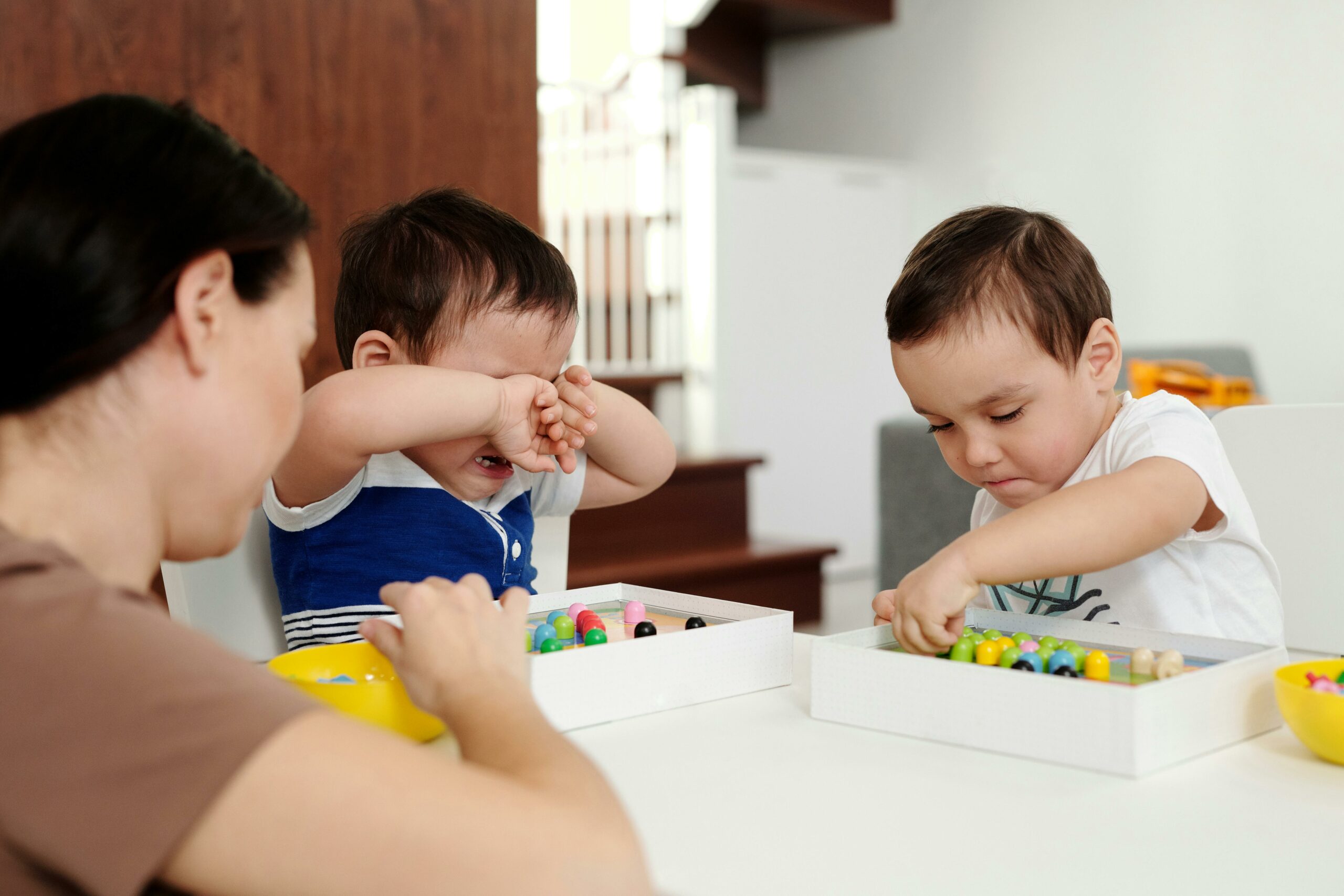Exploring Adoptions Influence on Sibling Bonds
When looking at how adoption influences sibling bonds, it is important to recognize the complexities it brings to relationships. Adopted siblings may bond over shared adoption experiences, altering the usual family dynamics. Factors like age at adoption and cultural backgrounds can shape sibling identities in unique ways. Creating a nurturing environment that fosters strong bonds is essential for emotional well-being. Challenges post-adoption can affect sibling relationships, emphasizing the need for trust and understanding. Effective communication and mutual support systems play key roles in strengthening sibling connections. Understanding these dynamics can lead to a deeper appreciation for the intricate impact of adoption on sibling bonds.
Key Takeaways
- Adoption impacts sibling relationships through competition and bonding over shared experiences.
- Sibling identities are uniquely shaped by adoption factors like age and cultural background.
- Fostering strong sibling bonds post-adoption is vital for emotional well-being.
- Unique challenges post-adoption impact sibling dynamics, requiring trust and communication.
- Effective communication and sibling support systems enhance trust and understanding in adoption scenarios.
The Impact of Adoption on Sibling Dynamics

Adoption profoundly influences the dynamics between siblings, shaping their relationships in unique and impactful ways. The impact of adoption on sibling dynamics is a complex interplay between individual experiences, family dynamics, and the overall adoption process.
Research shows that sibling relationships in adoptive families can be both enriched and challenged by the adoption experience. Siblings may bond over shared adoption experiences, forming a deep connection rooted in understanding each other’s unique backgrounds. On the other hand, adoption can also introduce complexities such as feelings of competition, jealousy, or identity confusion among siblings.
Adoption experiences can shape sibling dynamics through the way children perceive their places within the family unit. For instance, birth order may be disrupted in adoptive families, leading to shifts in power dynamics and roles among siblings.
Understanding the nuances of how adoption impacts sibling relationships is essential for creating a supportive and nurturing family environment where each child feels valued and understood. By acknowledging and addressing the unique challenges that adoption can bring to sibling dynamics, families can foster stronger bonds and promote healthy relationships among siblings.
Understanding Sibling Identities in Adoption
Examining the formation of sibling identities within adoptive families provides valuable insights into the intricate dynamics shaping relationships among siblings. Sibling identity in the context of adoption is a complex interplay of shared experiences, genetic connections, and the influence of the adoptive family environment on individual development.
Research suggests that adoption impacts sibling dynamics in unique ways, as siblings navigate questions of identity, belonging, and attachment within the family unit.
In adoptive families, sibling identities may be influenced by factors such as age at adoption, cultural background, and birth order. Children adopted from different backgrounds or at varying ages may grapple with their identities differently, impacting how they relate to their siblings.
Understanding sibling identities in adoption requires sensitivity to the individual experiences of each child and the collective dynamics within the family.
The adoption impact on sibling dynamics can shape the bonds between siblings, affecting their sense of self, attachment styles, and overall relationship quality.
Nurturing Sibling Bonds Through Adoption

Understanding the significance of fostering strong sibling bonds within adoptive families is essential for promoting healthy relationships and emotional well-being among siblings.
Bonding activities and shared experiences play an important role in nurturing emotional connections and fostering strong sibling relationships in adoptive families. Engaging in activities such as family game nights, outdoor adventures, or creating traditions together can help siblings build trust, communication skills, and a sense of unity.
Research indicates that siblings who share positive experiences tend to develop stronger emotional connections and a deeper bond. These shared moments create lasting memories and a sense of belonging, which are essential for building a supportive and loving sibling relationship.
Challenges and Triumphs of Adoptive Siblings
As adoptive siblings navigate their post-adoption journey, they often encounter unique challenges that can impact their bond. Building trust and connection in a new family dynamic requires patience, understanding, and open communication.
Managing identity challenges can be particularly complex for adoptive siblings, as they work to reconcile their past with their present and shape their future together.
Sibling Dynamics Post-Adoption
Managing the complexities of sibling relationships post-adoption can present both unique challenges and opportunities for growth within the adoptive family dynamic. Adoption changes and sibling adjustments can greatly impact the dynamics between adoptive siblings. The process of integrating a new member into the family unit can lead to shifts in power dynamics, competition for attention, and feelings of insecurity. These challenges can sometimes strain sibling connections as they navigate through this period of adjustment.
On the flip side, new family dynamics post-adoption can also foster stronger sibling bonds. Research indicates that shared experiences of adoption can create a unique bond between adoptive siblings, characterized by empathy, understanding, and support. Through facing challenges together, adoptive siblings have the opportunity to develop resilience, empathy, and communication skills, ultimately strengthening their relationship.
Navigating sibling dynamics post-adoption requires patience, understanding, and open communication within the adoptive family. By acknowledging the challenges and embracing the opportunities for growth, adoptive siblings can forge lasting bonds that enrich their family dynamic.
Building Trust and Connection
Managing the intricacies of trust and connection between adoptive siblings involves a delicate balance of acknowledging past experiences while fostering new bonds that promote resilience and understanding.
Trust building is fundamental in forming strong sibling relationships post-adoption. Engaging in bonding activities such as cooking together, playing games, or going on outings can create shared positive experiences that deepen trust.
Connection exercises, like sharing personal stories or engaging in sibling therapy, can help adoptive siblings understand each other’s perspectives and build empathy.
Research shows that intentional efforts to strengthen trust and connection between adoptive siblings contribute greatly to their overall well-being and sense of belonging within the family unit.
Navigating Identity Challenges
Exploring the complexities of identity challenges as adoptive siblings requires a multifaceted approach that encompasses introspection, validation, and mutual support. In the journey of self-discovery and acceptance, adoptive siblings may encounter unique struggles intertwined with questions of belonging and cultural exploration. Understanding one’s identity within the context of adoption can be a profound and ongoing process that shapes familial dynamics.
Self-discovery for adoptive siblings often involves grappling with questions about their roots, heritage, and sense of self. Addressing these identity challenges can lead to a deeper understanding of one’s identity and a stronger sense of self-acceptance. Embracing one’s unique narrative and history is vital in fostering a positive self-image.
Cultural exploration plays a significant role in the identity development of adoptive siblings. Seeking connections to their cultural background can provide a sense of belonging and help bridge the gap between their adoptive and birth cultures. Embracing cultural diversity and heritage can enrich the adoptive sibling relationship, fostering mutual understanding and respect.
Through introspection, validation, and mutual support, adoptive siblings can address identity challenges and emerge stronger together.
Communication Strategies for Adopted Siblings
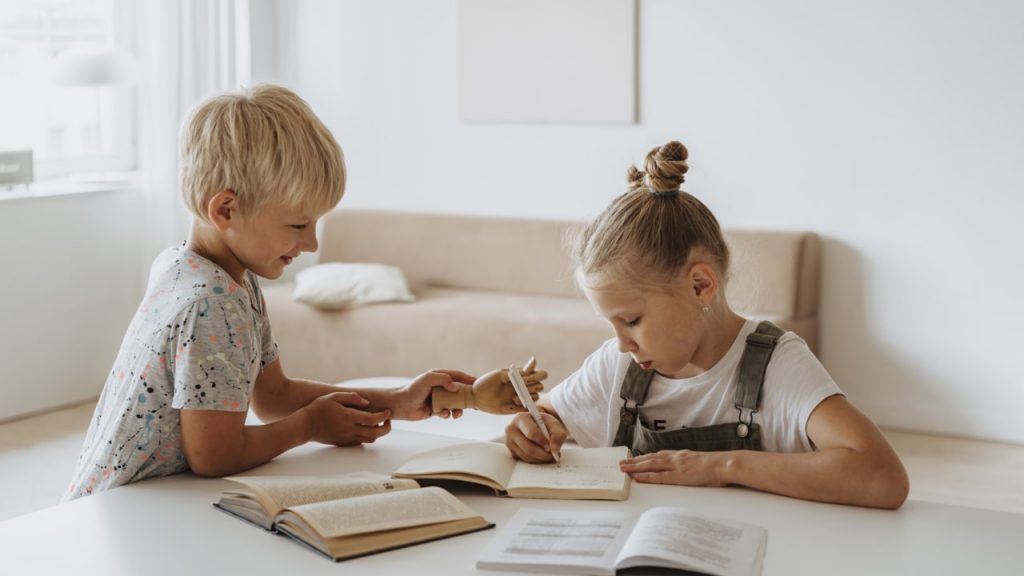
To strengthen your bond with your adopted siblings, focus on building trust through open and honest communication. By actively listening and sharing your thoughts and feelings, you can nurture a deeper mutual understanding between you and your siblings.
These communication strategies can help create a supportive and harmonious relationship within your adoptive family.
Building Trust Through Communication
Effective communication plays an essential role in fostering trust and strengthening the bond between adopted siblings. Building a foundation of trust through communication is vital in managing the complexities that can arise in adopted sibling relationships. Research indicates that openly discussing feelings, concerns, and experiences can enhance understanding and empathy between siblings.
To build trust, it’s important to create a safe space where both siblings feel comfortable expressing themselves without fear of judgment. Active listening, validation of emotions, and respectful dialogue are key components of effective communication that contribute to trust building.
Moreover, utilizing ‘I’ statements can help avoid misunderstandings and defensiveness, promoting a more productive exchange of thoughts and emotions. Setting aside dedicated time for regular check-ins or family meetings can provide a structured platform for communication, allowing both siblings to address issues and celebrate successes together.
Nurturing Mutual Understanding
Building upon the foundation of trust established through effective communication, nurturing mutual understanding between adopted siblings involves implementing specific strategies to enhance empathy and connection within the sibling relationship.
Fostering empathy is vital in developing a deep understanding of each other’s perspectives and emotions. Encouraging open and honest communication where both siblings feel heard and valued can promote understanding.
One strategy to nurture mutual understanding is engaging in regular, structured family discussions where each sibling has the opportunity to express their thoughts and feelings in a safe environment. Additionally, participating in activities that encourage teamwork and collaboration can strengthen the bond between adopted siblings, fostering a sense of unity and shared experiences.
It’s essential to validate each other’s emotions and experiences, recognizing that each sibling may have different coping mechanisms and ways of processing their adoption journey. By prioritizing empathy and understanding, adopted siblings can build a strong, supportive relationship based on mutual respect and compassion.
Sibling Support Systems in Adoption

Within the domain of adoption dynamics, the presence of strong sibling support systems plays a crucial role in shaping the overall experience for children maneuvering through the complexities of adoption. Supportive relationships between siblings offer a sense of security, understanding, and companionship during the adoption process.
These relationships provide a unique form of comfort, as siblings share the journey of adapting to a new family dynamic, often rooted in shared experiences that only they can fully comprehend.
The bond between siblings in adoption can serve as a source of stability and continuity amidst the changes that occur. Siblings can lean on each other for emotional support, creating a safe space where they can express their feelings, fears, and uncertainties.
This shared understanding fosters resilience and strengthens the connection between siblings, enhancing their ability to navigate the challenges that adoption may bring. Research indicates that siblings who maintain supportive relationships tend to have better outcomes in relation to emotional well-being and adjustment to their new family environment.
These shared experiences and mutual support systems contribute significantly to the positive development and overall satisfaction of siblings within the adoption process.
Long-Term Effects of Adoption on Sibling Relationships
Sibling relationships in adoption often undergo significant transformations over time, influenced by a multitude of factors that shape their long-term dynamics. The birth order of siblings can play an important role in how they adjust to the adoption experience. Research suggests that the oldest child may feel a sense of responsibility towards their younger siblings, impacting their attachment and development differently than their younger counterparts.
This shift in roles and responsibilities can lead to varying levels of closeness or conflict between siblings as they navigate their new family dynamic.
Additionally, the adjustment period post-adoption can have a substantial impact on sibling relationships. Children may experience different levels of trauma or adjustment challenges, which can influence their interactions with their siblings. Supportive and understanding environments that prioritize open communication and empathy can foster stronger bonds between adopted siblings over time.
Long-term effects of adoption on sibling relationships highlight the importance of ongoing support and guidance to help siblings navigate the complexities of their shared experiences and strengthen their connections as they grow and develop together.
Frequently Asked Questions
Can Siblings Adopted Separately Develop a Strong Bond Later in Life?
Yes, separately adopted siblings can develop a strong bond later in life during a reunion. Research suggests that shared experiences and common genetic roots can help bridge the gap, fostering a deep connection despite initial separation.
How Does Birth Order Impact Sibling Relationships in Adoption?
In adoption, birth order dynamics can shape sibling relationships. Even when siblings are adopted separately, the potential for strong bond development exists. Understanding these dynamics can foster empathy, support, and lifelong connections between adopted siblings.
Do Adopted Siblings Experience Similar Attachment Issues as Adopted Children?
You may find that adopted siblings share similar attachment dynamics as adopted children. This can influence psychological impacts within family dynamics. Sibling support is essential in managing and addressing these shared experiences, fostering understanding and resilience.
What Role Do Adoptive Parents Play in Fostering Sibling Relationships?
To foster strong sibling relationships, adoptive parents play a pivotal role. Through active involvement, open communication, and promoting family unity, parents can help shape positive sibling dynamics. Supporting and nurturing these bonds enriches the adopted children’s lives.
Can Adoptive Siblings Experience Feelings of Jealousy or Competition?
You may find that adoptive siblings can indeed experience feelings of jealousy or competition. Such emotions are common in sibling dynamics and can lead to sibling rivalry. Understanding and addressing these issues can help foster healthier relationships.
Conclusion
To sum up, adoption can have a profound influence on sibling bonds, shaping identities, fostering connections, and presenting challenges that require communication and support.
Through understanding, empathy, and dedication, adoptive siblings can navigate these complexities and build strong relationships that endure over time.
By recognizing the unique dynamics of sibling relationships in adoption and actively working to nurture these bonds, families can create a supportive environment where siblings can thrive and grow together.

Hey there! 👋 I’m a proud mom and passionate writer, sharing my parenting journey. 📝 Join me as I navigate the ups and downs of motherhood, offering tips, advice, and a sprinkle of humor along the way. 🌟


